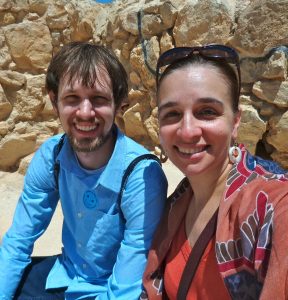
Longtime readers of Retraction Watch may recall a 2011 post about a research team that retracted a paper after realizing that they had ordered the wrong mice. Maureen Gannon and Raymond Pasek of Vanderbilt University contacted us earlier this week to alert us to a similar case: Their retraction, earlier this month, of a 2016 paper from American Journal of Physiology – Endocrinology and Metabolism after discovering that “a colleague from another lab had mistakenly supplied us with the wrong transgenic mouse line.”
“We strongly believe that sharing this example will encourage other researchers to do the right thing when a mistake is discovered and promote academic integrity,” they wrote. So we asked them to answer a few questions about their experience with “Connective tissue growth factor is critical for proper β-cell function and pregnancy-induced β-cell hyperplasia in adult mice,” a paper that has been cited twice, according to Clarivate Analytics’ Web of Science.
Retraction Watch: How, and when, did you become aware of the error? Continue reading “We were devastated:” Authors retract paper after realizing they had used the wrong mice


